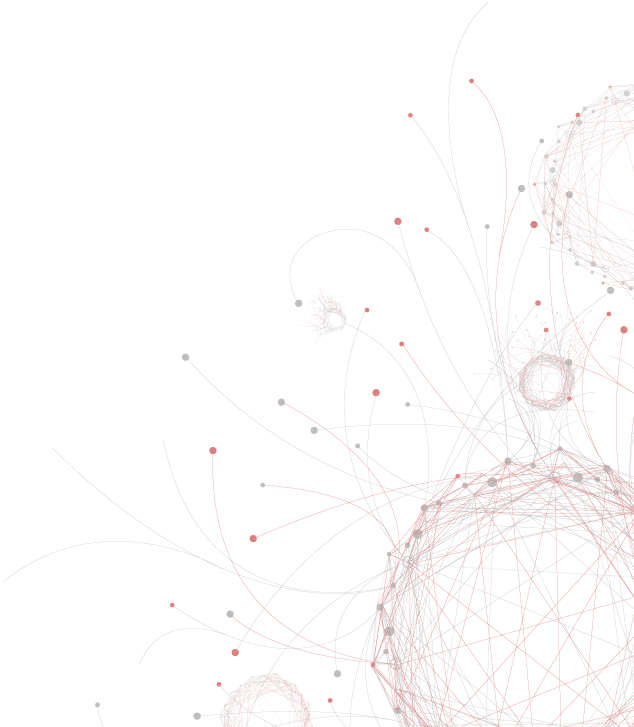This website is no longer updated and has been replaced with a static copy. The Spatial History Project was active at Stanford University from 2007-2022, engaging in dozens of collaborative projects led by faculty, staff, graduate students, post-docs, visiting scholars and others at Stanford and beyond. More than 150 undergraduate students from more than a dozen disciplines contributed to these projects. In addition to a robust intellectual exchange built through these partnerships, research outputs included major monographs, edited volumes, journal articles, museum exhibitions, digital articles, robust websites, and dozens of lightweight interactive visualizations, mostly developed with Adobe Flash (now defunct). While most of those publications live on in other forms, the content exclusive to this website is preserved in good faith through this static version of the site. Flash-based content is partially available in emulated form using the Ruffle emulator.
Forming Selves
Forming Selves: The Creation of Child Psychiatry from Red Vienna to the Third Reich and Abroad
What makes us who we are? On the eve of Nazi occupation, ideas of the self abounded in Vienna, long a center of psychoanalysis. Amid incredible political and social upheaval, psychologists and psychiatrists grappling with questions of human nature turned increasing attention to child development. They had a variety of approaches, backgrounds, and ideologies–from socialism to Nazism–and often intersected at the city’s schools, government programs, and university departments. With the advent of the Third Reich, many who were Jewish and politically opposed to the regime fled Vienna and established their own practices in England, the United States, and beyond, leading the field of child development. Meanwhile, a cohort of psychologists and psychiatrists remained in Vienna, a number of whom took leading roles in the Nazi euthanasia program, overseeing the murders of hundreds of disabled children.
This project traces linkages among the forerunners of child psychiatry from Vienna in the 1930s through the 1940s, outlining connections among the diaspora and those who stayed during the Third Reich. It will offer an international history of a discipline that is usually examined within national networks or within discrete schools of thought, following social as well as intellectual ties in the field. It will also consider how experiences under Nazism and the Second World War may have shaped the trajectory of child psychiatry in different places, with alternate priorities such as war orphans, clinical research, and Nazi eugenics resulting in divergent approaches.
Former Research Assistant:
Michelle Kahn



